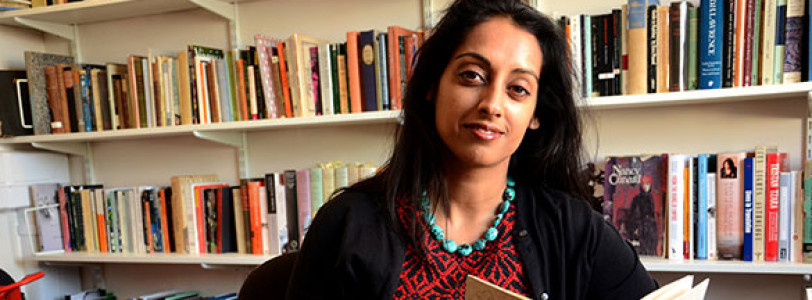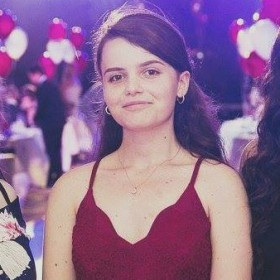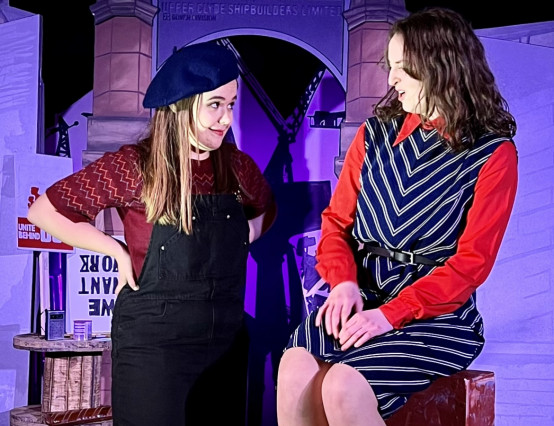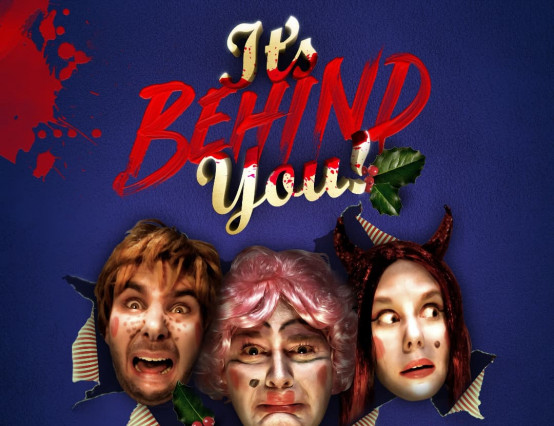Could you first introduce yourself to the reader?
Yes, hello, I’m Sandeep and I spend most of my time as a Professor of English Literature at the University of Liverpool and, when I can be, I’m a poet and critic.
What do your roles as an academic and poet involve? Give us the typical outline of a day?
On a non-teaching day (in non-Covid times) I’d be involved in preparing lectures or seminar discussions, sometimes reading, other times cursing PowerPoint. As a writer, I have no routine. I tend to write when I can and when I have something to say. This is not what I’d recommend to others and I so envy disciplined writers for taking their work and time seriously. As a critic, I need deadlines and the guilt that comes with missing them.
In what way does poetry inspire you?
What’s great about poetry for me—reading it and sometimes writing it—is the way it makes me rethink and relearn language.
What are the bits you don’t like or find challenging?
At the moment poetry’s biggest challenge is still to dismantle its spurious values about ‘craft’ and ‘taste’ which usually leads down the path against ‘identity politics’—these antagonists are generally white men. This argument isn’t really about poetry but about some small-scale canonical power and the fear of change (but our idea of what constitutes literature is always changing).
What are the highlights of your writing career to date?
I suppose my two books; but my proudest achievement as a poet and critic is co-founding the Ledbury Critics programme with Sarah Howe. The community of brilliant minds I’ve found myself in humbles me every day and I feel so hugely lucky to be with them.
What was your path into your job in academia?
The path to being an academic is fairly straightforward in some ways (a succession of degrees and job applications), in other ways it’s sheer luck. And privilege, it must be said, to be able to string together part-time casual work while waiting for the full-time job to come through. This can take years. It’s a deeply unfair system that needs overhauling, not least because of gender and race imbalances in academia that arise from social inequality and flat out discrimination. Being a poet is what I fit around my paying job. But it’s also the job that no one can take away, thankfully.
Have you noticed any changes in the poetry scene since you became involved?
When I arrived in the UK in 2002, the poetry scene in London was intimate and felt quite small and somewhat parochial. Poetry has become more diverse, international, but also more intensely market-driven and media-focused, and indeed more youthful (with an outsized pressure on debut poets).
Do you have any advice for young people interested in pursuing their own writing career?
Read everything you can and also read outside of the present and your own language.
What do you think is one poet every young person should read?
I think there’s not just one, there can’t be. I have my favourites, of course, but when I was 16-18 I remember reading Szymborska, Yeats, Christina Rossetti, Sonia Sanchez…I think it’s important to become passionate about a poet’s work and life from time to time. But then moving on is equally important. Naturally this happens—make time to become obsessed with poetry.
You can find Sandeep’s poetry and information about her literary career here.









0 Comments